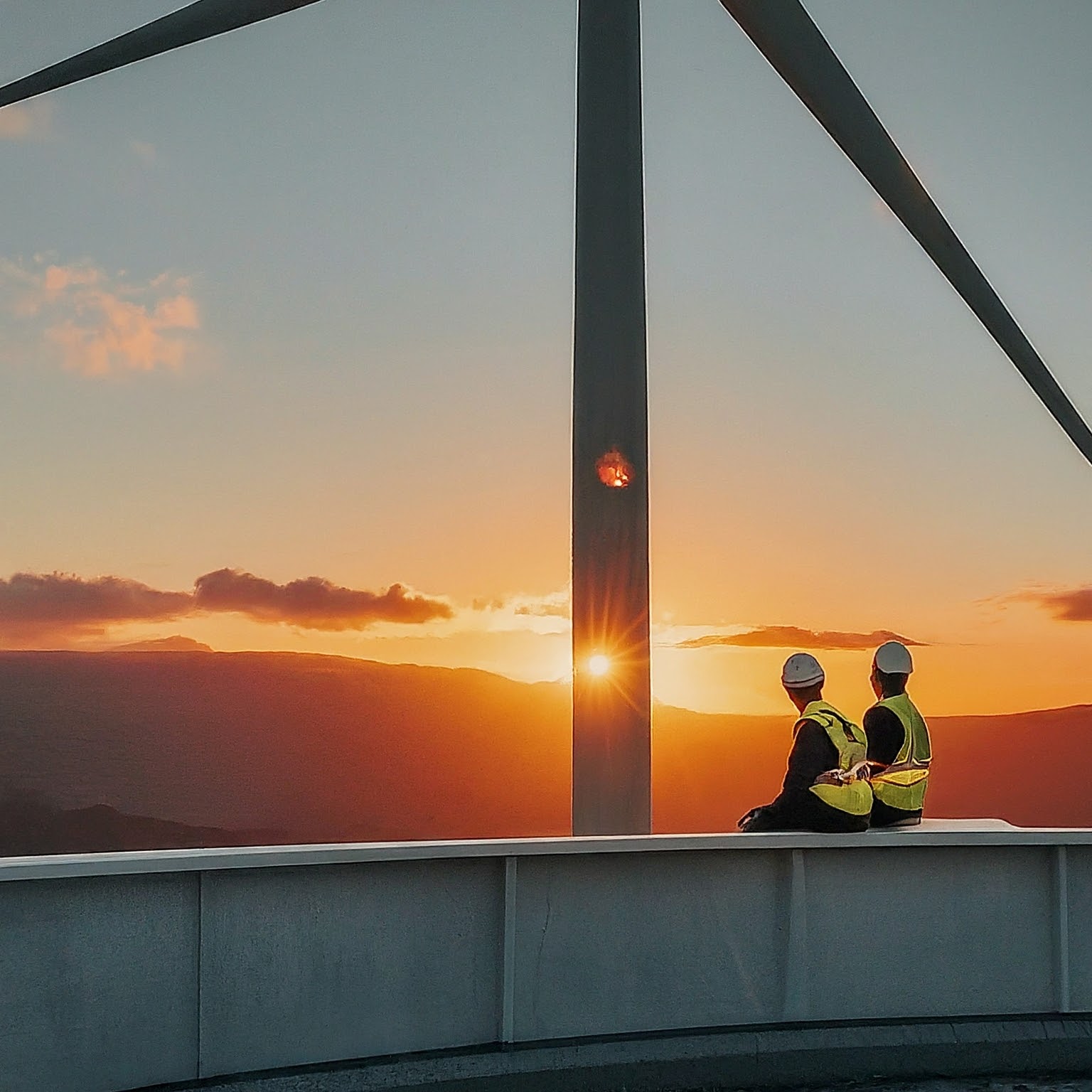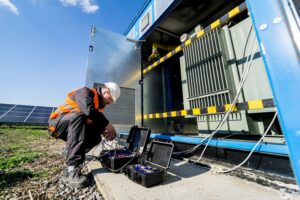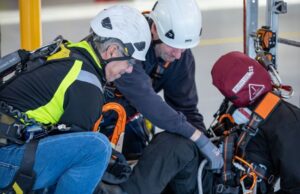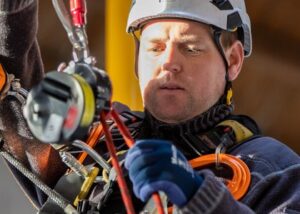Starting a career as a wind technician in the USA
Starting a career as a wind technician can be both rewarding and challenging. Here are ten things you might wish you’d known before embarking on this path:
1. Physical Demands
The job is physically demanding, involving climbing tall wind turbines (often over 300 feet) and working in confined spaces. It’s essential to be in good physical condition and comfortable with heights.
2. Safety is Paramount
Safety protocols are rigorous and must be followed meticulously. You’ll need to undergo extensive safety training, including rescue techniques and first aid. Understanding and respecting these protocols can save lives.
3. Weather Dependency
Your work is highly dependent on weather conditions. Wind technicians often work in challenging environments, including extreme cold, heat, and high winds. Flexibility and preparedness for varying weather are crucial.
4. Continuous Learning
The technology in wind turbines is constantly evolving. You’ll need to commit to ongoing education and training to stay current with new systems, tools, and techniques.
5. Travel Requirements
Many wind technicians spend a significant amount of time traveling to remote wind farm locations. This can mean being away from home for extended periods, which can impact your personal life and require strong support systems.
6. Career Opportunities
There are diverse career paths within the industry, including supervisory roles, specialized technical positions, and opportunities in project management and training. Knowing these options can help you plan your career progression.
7. Teamwork and Communication
Strong teamwork and communication skills are vital. You’ll often work in pairs or small teams, requiring clear communication and collaboration to ensure safety and efficiency.
8. Problem-Solving Skills
You’ll frequently encounter unexpected issues that require quick thinking and effective problem-solving skills. Being resourceful and able to troubleshoot on the spot is an invaluable asset.
9. Regulatory Knowledge
Understanding the regulatory environment is important. Familiarize yourself with local, state, and federal regulations regarding wind energy and workplace safety to ensure compliance and best practices.
10. Job Satisfaction and Impact
Despite the challenges, many find great satisfaction in knowing their work contributes to renewable energy and environmental sustainability. The sense of purpose and impact on the planet can be a significant motivating factor.
Additional Tips:
- Networking: Building a network within the industry can provide support, job opportunities, and professional growth.
- Certification: Obtaining relevant certifications (such as from the Global Wind Organization) can enhance your credentials and job prospects.
- Tool Familiarity: Becoming proficient with the specialized tools and software used in the industry can improve your efficiency and effectiveness on the job.
By understanding these aspects before starting your career as a wind technician, you can better prepare for the demands of the job and maximize your success and satisfaction in this growing field.
Training with STL USA brings huge amounts of added benefit beyond simply gaining your GWO certifications. Our mission is to train the whole wind technician, giving them the skills and competencies that are so often lacking from basic training. This means, not only are they more qualified to actually do the job at an entry level position, we also help build these skills throughout their career, meaning quicker advancement, higher paying jobs, and greater levels of career diversification further along the line. All our trainers have years of high quality real-world experience which means they bring a wide range of knowledge and adaptive skills to all our courses.
Want to get Into Wind?
Click the button to learn more




